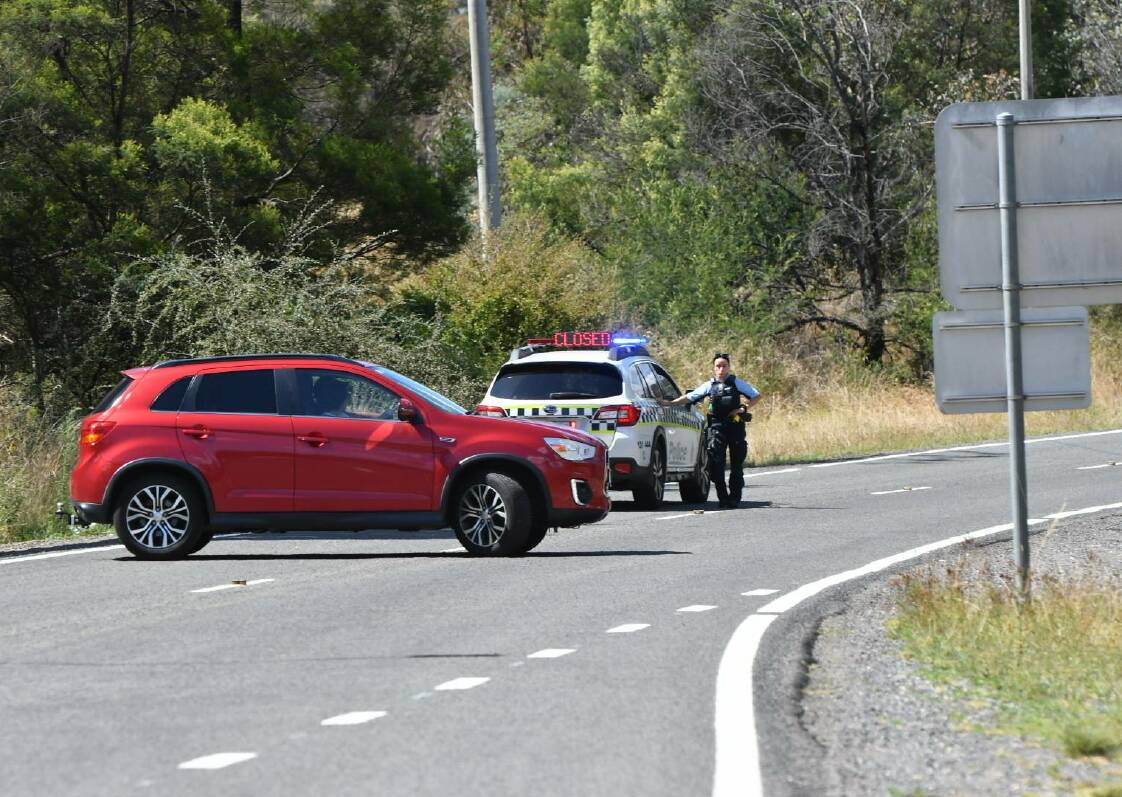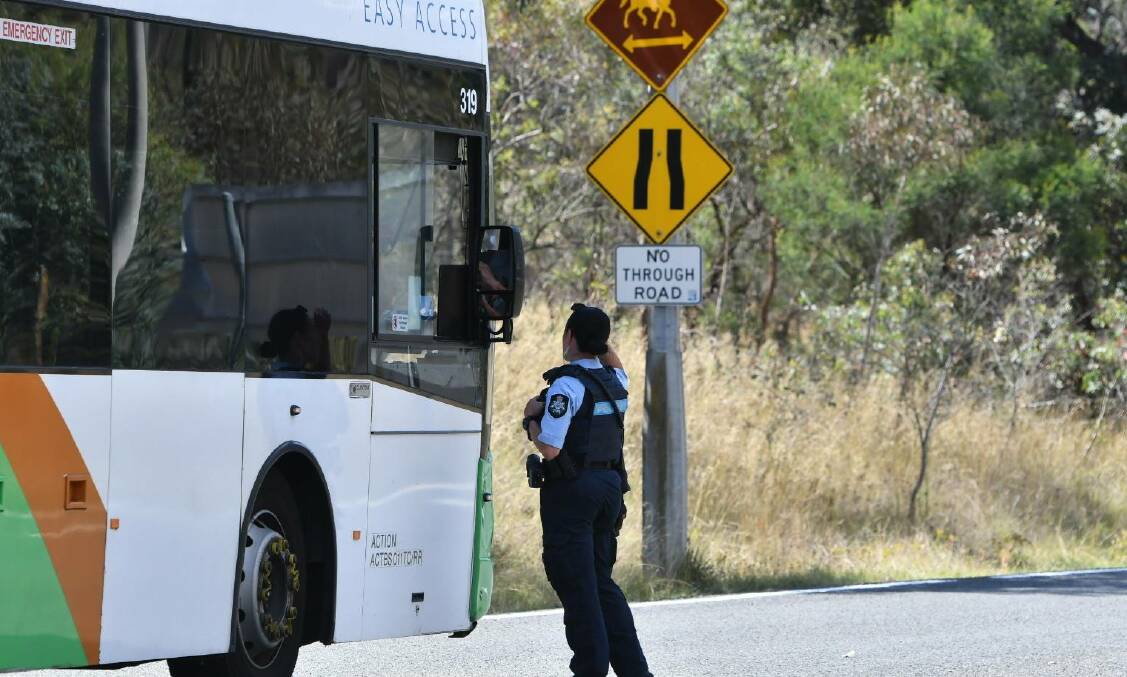
The Defence Department says "miscommunication on the ground" was the likely reason why Canberra's police and emergency services were told the two unexploded bombs found at Campbell Park last week were a training exercise.
The emergency began around 3pm on Friday, February 11, when an ambulance and ACT Rural Fire Service vehicles were called to Northcott Avenue, in Campbell Park.
Police arrived almost immediately thereafter and sealed off the entrance to the roadway leading into the Defence offices, turning back all vehicles and ACTION buses.
ACT police and the Emergency Services Agency were contacted for information.
Both agencies said they were advised that it was "a training exercise" and to seek further comment from Defence, as it was the lead agency for the incident.
ESA duly posted this "training exercise" label on its online incident website.
When Defence was contacted by the media for urgent information - given all its staff at Campbell Park were advised not to leave their offices and some were evacuated - it was unable to provide any clarity and requested that an email be sent.

Three full days later, in a written statement, it reported that two unexploded three-inch shells had been found at the location.
"Defence can confirm two three-inch shells were discovered in Mount Ainslie Nature Reserve in the vicinity of the Campbell Park office complex on Northcott Drive, Campbell," the statement said.
"This area is classified as having substantial potential for unexploded ordnance due to its use as a historical impact area.
"Defence attended the scene and assessed the [unexploded ordnance] as unsafe to be transported.
"The UXO was destroyed by demolition in the location it was discovered."
Unexploded ordnance or UXO is a term for shells or ammunition which have been fired but have not exploded on impact.
In a statement issued on Thursday - six days later - a Defence spokesperson said that it "assess that the concerns raised were likely a matter of miscommunication on the ground".
It did not clarify what information was provided to its emergency service partners.
"Local police and emergency services are an integral part of Defence's Unexploded Ordnance response plans," the spokesperson said.
"Defence will always work to ensure all affected agencies are appropriately informed of Defence-led activities."
Unexploded ordnance remains an ongoing issue in the ACT, with eight unexploded mortar shells found during a search of Mount Ainslie Reserve over the 2017-18 summer.
We've made it a whole lot easier for you to have your say. Our new comment platform requires only one log-in to access articles and to join the discussion on The Canberra Times website. Find out how to register so you can enjoy civil, friendly and engaging discussions. See our moderation policy here.







